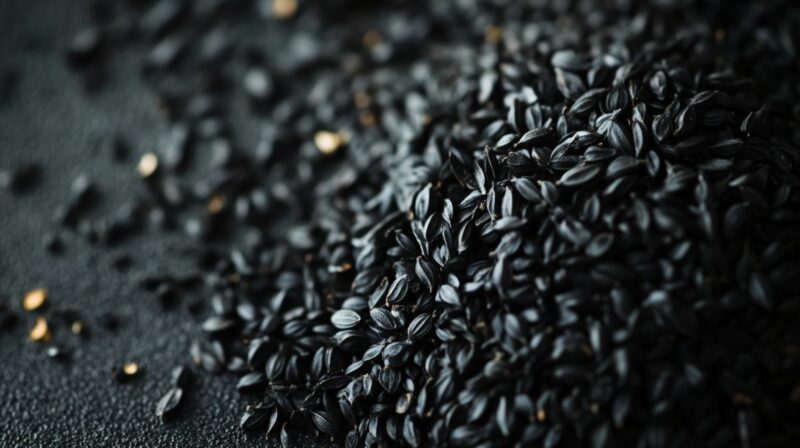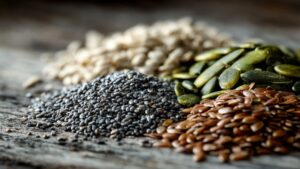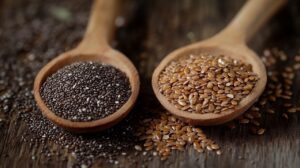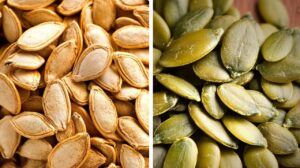Basil seeds, also known as Sabja seeds, have been valued for centuries due to their health benefits and versatile use in diets.
Traditionally used in Ayurvedic and Chinese medicine, these tiny black seeds are known for their nutritional value and medicinal properties.
Their gelatinous texture when soaked makes them a common addition to beverages and desserts.
Nutritional Profile of Basil Seeds
Basil seeds are a powerhouse of essential nutrients, making them an excellent addition to a balanced diet.
Their nutrient density provides a range of health benefits, supporting various bodily functions and promoting overall well-being.
| Nutrient | Description | Health Benefits | Additional Notes |
|---|---|---|---|
| Fiber | Basil seeds are high in soluble and insoluble fiber. | Aids digestion, prevents constipation, and promotes satiety. | Supports gut health and weight management. |
| Protein | Plant-based protein source with essential amino acids. | Supports muscle growth, repair, and maintenance. | Beneficial for vegetarians and vegans. |
| Iron, Calcium, Magnesium, and Potassium | Essential minerals for body function. | Iron supports blood cells, calcium strengthens bones, magnesium aids relaxation, and potassium regulates blood pressure. | Promotes heart health and muscle function. |
| Omega-3 Fatty Acids | Provides alpha-linolenic acid (ALA), a plant-based omega-3. | Boosts brain function, reduces inflammation, and supports heart health. | ALA can convert into EPA and DHA. |
| Antioxidants | Rich in polyphenols and flavonoids. | Reduces inflammation, supports immunity, and improves skin health. | Protects against cell damage and aging. |
Health Benefits of Basil Seeds
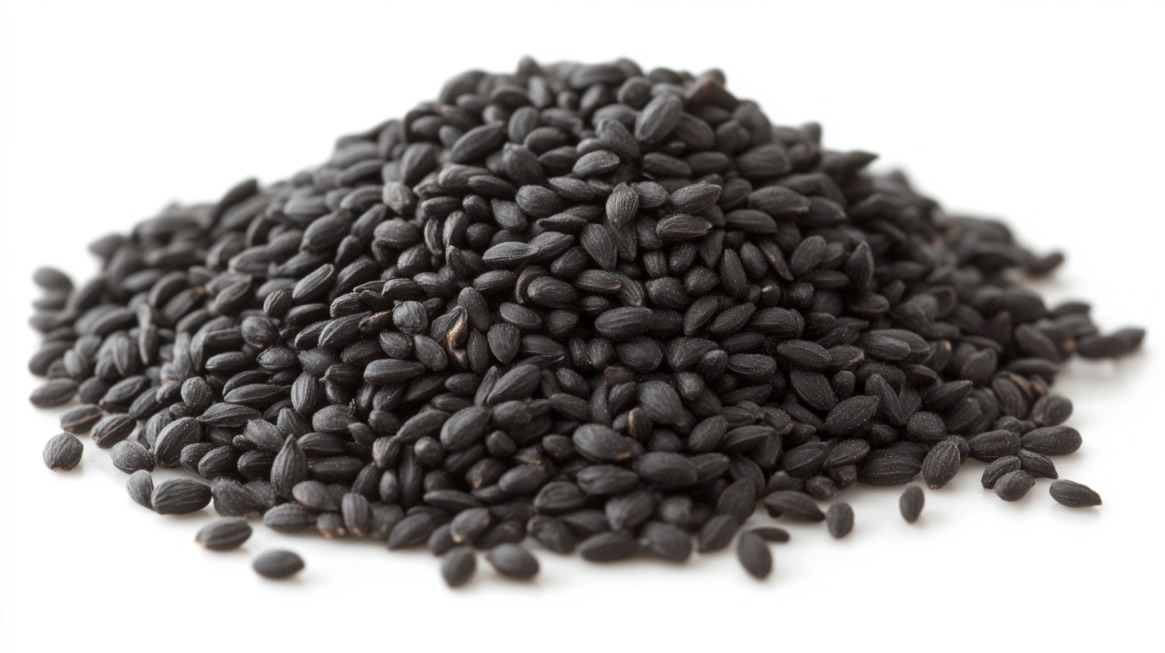
Basil seeds have been used in traditional medicine for centuries, and modern research confirms their wide-ranging health benefits.
- Promote digestive health
- Support heart function
- Improve overall well-being
Their ability to swell when soaked makes them useful for weight management and satiety, while their anti-inflammatory and antibacterial properties contribute to skin, hair, and respiratory health.
Here are the key health benefits of basil seeds:
Digestive Health
The digestive benefits of basil seeds stem from their high fiber content and gelatinous texture when soaked. They provide natural support for a healthy gut and efficient digestion.
- Regulates bowel movements – High fiber content adds bulk to stool, helping it pass smoothly through the intestines.
- Prevents constipation – Fiber acts as a natural laxative, softening stool and promoting regularity.
- Soothes the digestive tract – Gel-like texture when soaked coats the stomach lining, reducing inflammation and discomfort.
- Balances stomach acid levels – Helps prevent and relieve symptoms of acidity and heartburn.
- Relieves bloating – The mild laxative effect reduces gas buildup and promotes a comfortable digestive process.
Weight Management
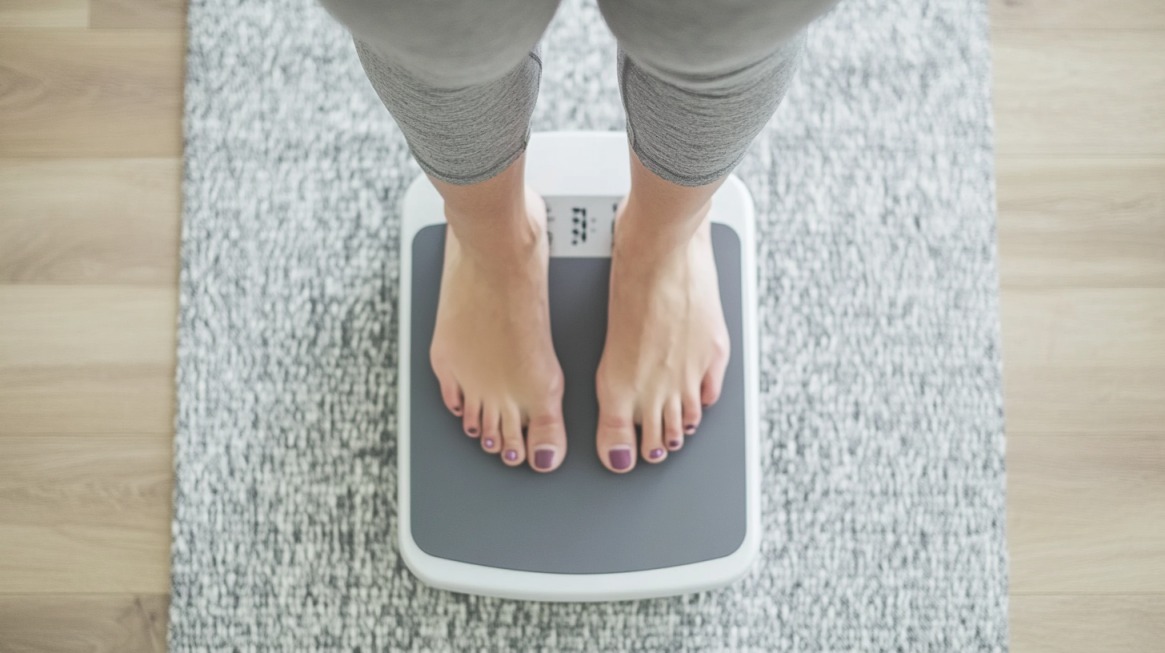
Weight management becomes easier with basil seeds due to their ability to expand and create a feeling of fullness.
- Promotes satiety – Soaked basil seeds form a gel that fills the stomach, reducing hunger and helping with portion control.
- Reduces calorie intake – Feeling full for longer reduces snacking and overeating.
- Helps regulate blood sugar levels – Slow digestion of carbohydrates prevents spikes and crashes in blood sugar.
- Supports fat metabolism – Nutrient content promotes better metabolic function and fat breakdown.
Heart Health
The cardiovascular health benefits of basil seeds are attributed to their fiber, potassium, magnesium, and antioxidant content.
- Lowers LDL (bad) cholesterol – Soluble fiber binds to cholesterol in the digestive tract, preventing its absorption into the bloodstream.
- Improves circulation – Potassium and magnesium help relax blood vessels, promoting better blood flow.
- Maintains healthy blood pressure – Improved blood vessel function and balanced electrolyte levels support stable blood pressure.
- Reduces oxidative stress – Antioxidants protect heart tissue from damage caused by free radicals.
- Supports heart rhythm – Magnesium and potassium regulate heart muscle contractions.
Mental Health and Stress Reduction

The calming effects of basil seeds on the nervous system can help reduce stress, improve mood, and enhance sleep quality.
- Promotes relaxation – Magnesium acts as a natural muscle relaxant, calming the nervous system.
- Reduces anxiety and stress – Essential oils in basil seeds have adaptogenic properties that help the body respond to stress more effectively.
- Improves sleep quality – Magnesium and essential oils enhance melatonin production, supporting restful sleep.
- Boosts cognitive function – Omega-3 fatty acids and antioxidants improve focus and mental clarity.
Skin and Hair Health
Basil seeds provide nutrients that support healthy skin and hair by improving circulation and reducing inflammation.
- Improves skin elasticity – Vitamin K and antioxidants promote collagen production, enhancing skin firmness.
- Reduces dark circles – Improved blood flow around the eyes reduces puffiness and discoloration.
- Treats acne and skin infections – Antibacterial and antifungal properties help clear skin and prevent future breakouts.
- Promotes stronger hair growth – Nutrients enhance hair follicle health, encouraging thicker and healthier hair.
- Reduces scalp dryness – Improved circulation to the scalp helps maintain moisture and prevent flakiness.
Respiratory Health

Support for respiratory health comes from the anti-inflammatory and expectorant properties of basil seeds.
- Relieves nasal and chest congestion – Essential oils act as natural decongestants, loosening mucus and clearing airways.
- Soothes sore throat – Anti-inflammatory properties reduce irritation and swelling in the throat.
- Supports bronchial health – Helps manage asthma and bronchitis symptoms by opening airways and reducing inflammation.
- Improves breathing – Relaxation of respiratory muscles makes breathing easier and more comfortable.
Immunity Boosting
Strong immune support is one of the key benefits of basil seeds, thanks to their antioxidant and micronutrient content.
- Strengthens immune response – Polyphenols and antioxidants enhance the body’s ability to fight off infections.
- Reduces inflammation – Antioxidants lower overall inflammation levels, helping the body respond more efficiently to threats.
- Enhances white blood cell production – White blood cells are the body’s primary defense mechanism against illness.
- Supports faster recovery – Nutrient-rich profile aids in tissue repair and quicker recovery from sickness.
Detoxification
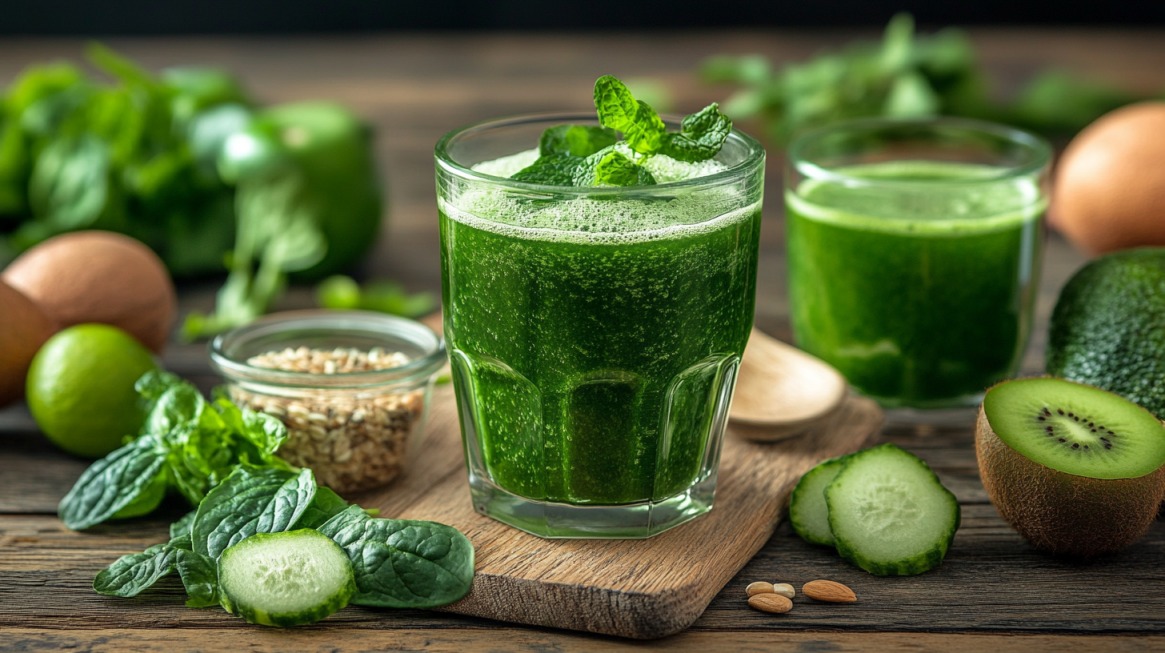
Basil seeds support the body’s natural detox processes by promoting efficient digestion and improving kidney and liver function.
- Flushes out toxins – High fiber content promotes bowel regularity, aiding in the elimination of waste products.
- Enhances kidney function – Improved hydration and nutrient balance support optimal kidney filtration.
- Supports liver health – Antioxidants assist the liver in breaking down harmful substances and reducing oxidative stress.
- Balances fluid retention – Potassium regulates fluid levels, preventing bloating and water retention.
Basil seeds deliver a well-rounded package of health benefits, supporting multiple bodily systems.
Their combination of fiber, protein, healthy fats, and antioxidants makes them an excellent natural remedy for a variety of health concerns.
Culinary Uses of Basil Seeds
Basil seeds offer a wide range of uses in cooking and beverages, adding both nutritional value and a pleasant texture.
Their ability to swell and develop a gel-like consistency when soaked makes them ideal for adding thickness to drinks and desserts.
Their subtle nutty flavor pairs well with both sweet and savory recipes, making them a versatile ingredient in various cuisines.
The following are some of the most common culinary applications of basil seeds:
| Category | Example | Description |
|---|---|---|
| Beverages | Basil Seed Lemonade | Combines soaked basil seeds with lemon juice, sugar, and water for a refreshing drink with added texture. |
| Falooda | Indian dessert drink with basil seeds, rose syrup, milk, and ice cream. Seeds add a chewy contrast. | |
| Bubble Tea | Healthier alternative to tapioca pearls, adding texture and nutrients. | |
| Herbal and Fruit Infusions | Adds texture and fiber to herbal teas and fruit drinks. | |
| Smoothies and Milkshakes | Fruit-Based Smoothies | Blended with fruits for a thicker, more filling smoothie. |
| Protein Shakes | Increases fiber and nutrients, making shakes more satisfying. | |
| Chocolate or Vanilla Milkshakes | Enhances texture without changing the flavor. | |
| Yogurt and Oatmeal Toppings | Yogurt | Adds crunch and nutrients to yogurt with honey and fruits. |
| Oatmeal | Boosts fiber and texture in oatmeal. | |
| Chia and Basil Seed Bowls | Combines with yogurt and fruits for a nutrient-rich breakfast. | |
| Salad Dressings and Baked Goods | Salad Dressings | Enhances texture and nutrients in vinaigrettes. |
| Bread and Muffins | Adds crunch and fiber to bread and muffins. | |
| Crackers and Energy Bars | Provides nutrients and texture to homemade snacks. | |
| Desserts | Puddings | Creates a creamy texture in rice and chia puddings. |
| Ice Cream and Frozen Yogurt | Adds chewiness to ice cream and frozen yogurt. | |
| Fruit-Based Desserts | Pairs well with fruit salads and sorbets. |
The Bottom Line
Basil seeds offer a powerful combination of nutrients and health benefits, supporting digestion, heart health, weight management, and mental well-being.
Including them in daily meals provides an easy way to improve overall health.
Consulting with a healthcare professional before adding basil seeds to the diet is recommended, especially for those with existing health conditions.

